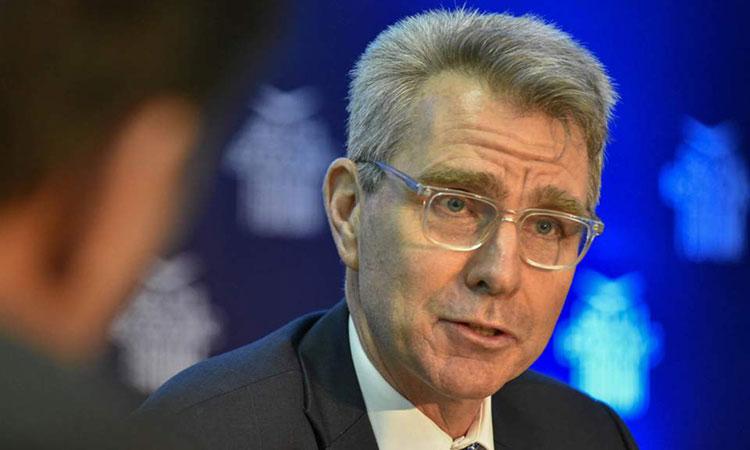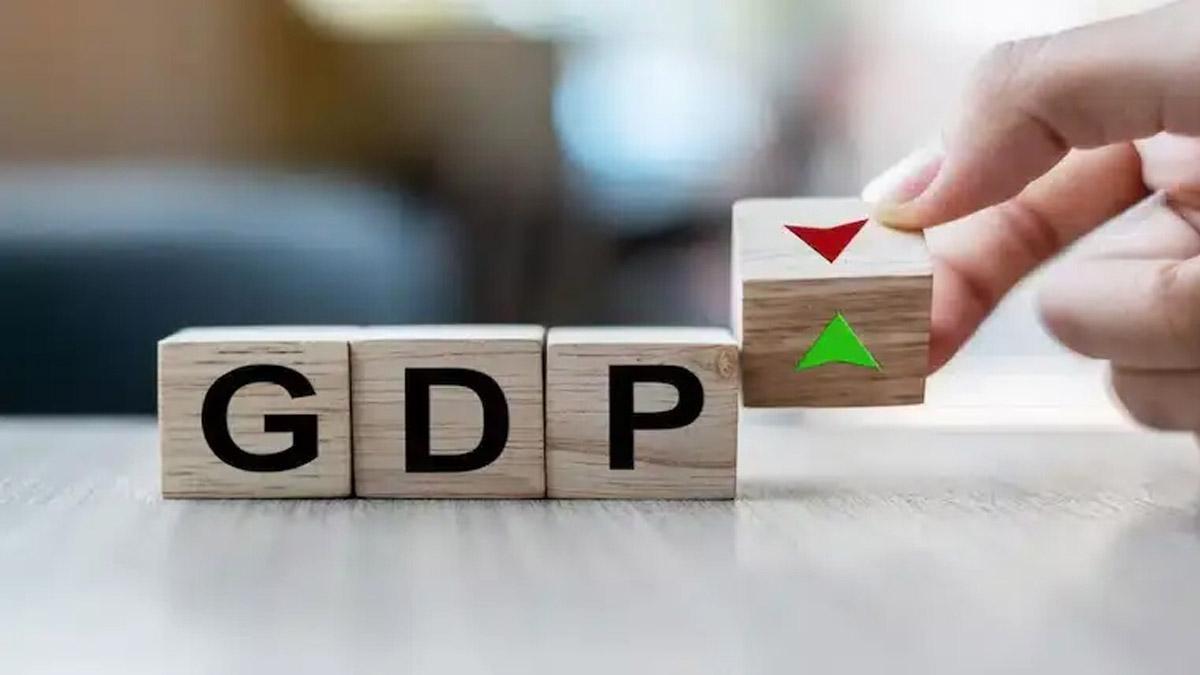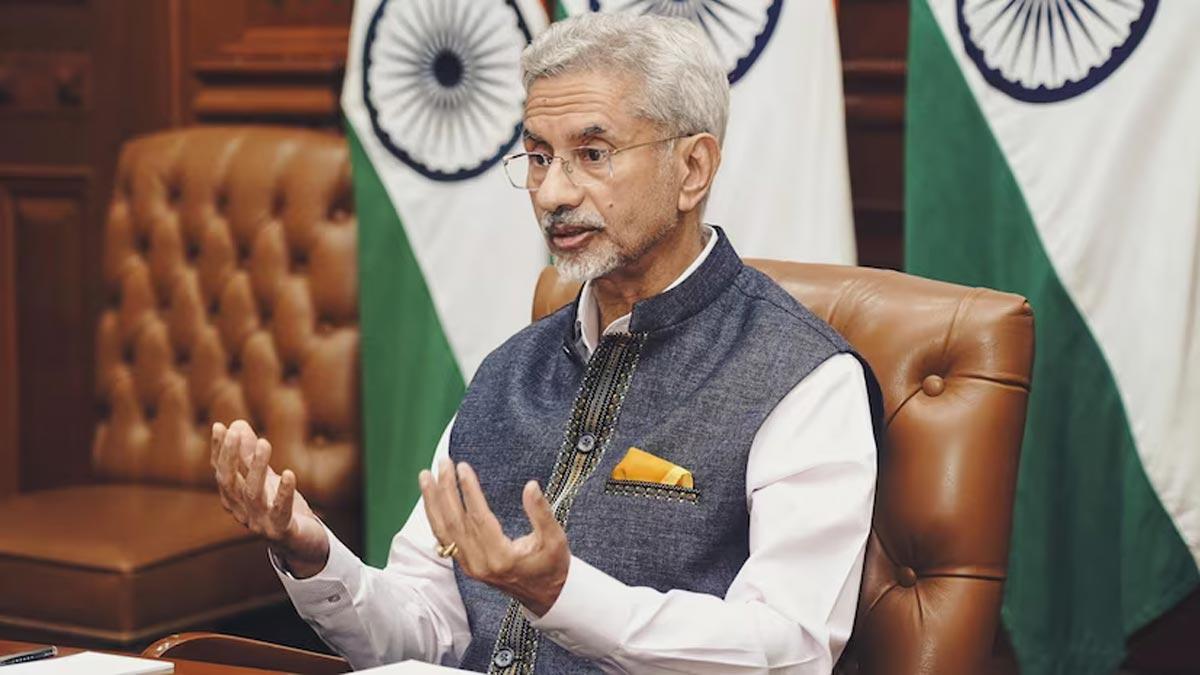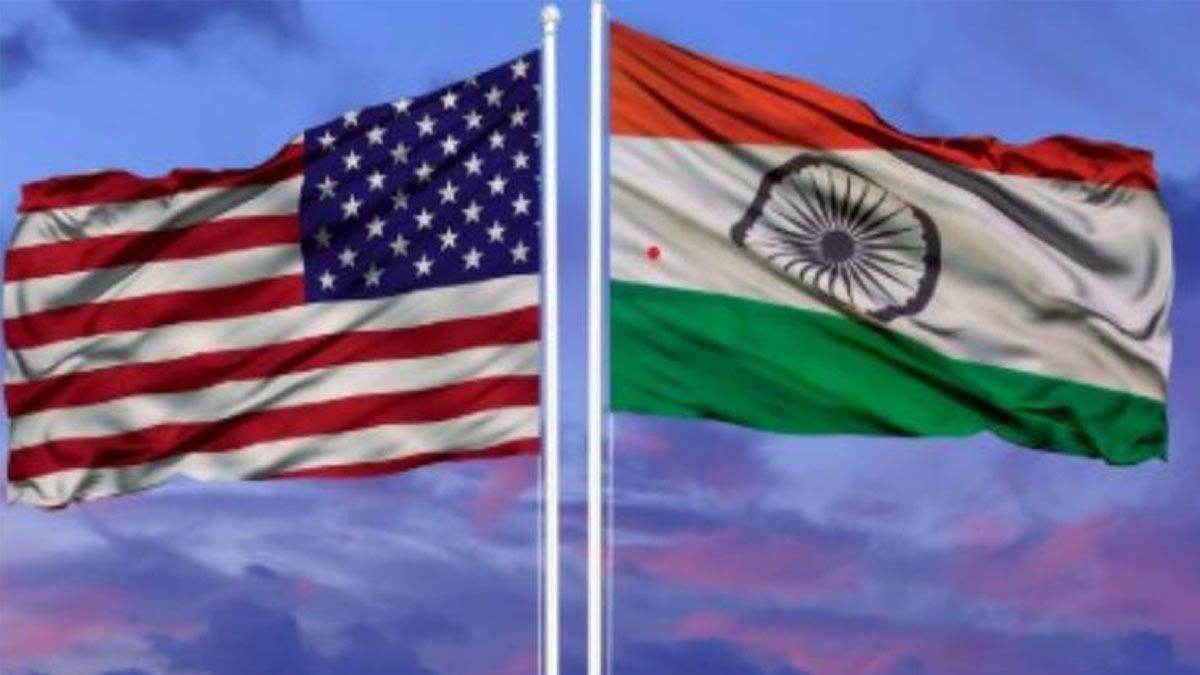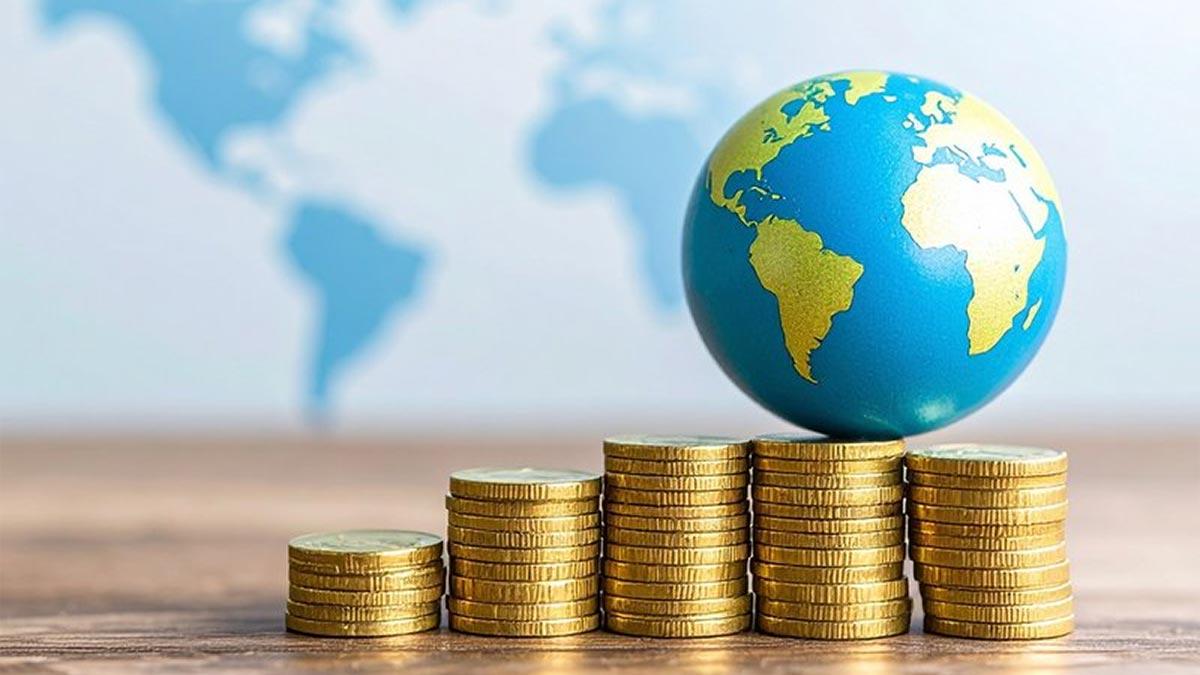India's procurement of discounted crude oil from Russia is not contradictory to its status as a key global partner of the United States, according to US Assistant Secretary of State for Energy Resources Geoffrey R Pyatt.
In an exclusive interview with news agency PTI, Pyatt said that India's actions in driving a hard bargain with Russia to procure crude oil at the lowest possible price are furthering the policy of the G7 nations to reduce Russian oil revenues.
Pyatt said that the Biden administration is comfortable with New Delhi's stance on energy security and stressed that there is going to be no return to business as usual with Russia as long as President Vladimir Putin continues on his current path of aggression.
"Our experts assess that India right now is enjoying the discount of about USD 15 a barrel in the price that it is paying for its imports of Russian crude. So by acting in its own interest, by driving a hard bargain to get the lowest price possible, India is furthering the policy of our G7 coalition, our G7 plus partners in seeking to reduce Russian revenues," Pyatt told PTI.
"I think that is how we look at this. We have a very good dialogue with the government of India on these issues," he added.
India, the world's third-largest crude oil importer after China and the US, has been purchasing discounted Russian oil after many western countries boycotted it to punish Moscow for its invasion of Ukraine. The G7 price cap that came into effect in December prevents countries from paying more than USD 60 a barrel to Russia for oil procurement, with the aim of preventing Moscow from profiting from its oil exports.
Pyatt acknowledged that Putin has not only lost his major market in Europe through his action, but has also spurred the Europeans to double down their investment on clean and more secure energy sources. He said that the US is committed to a close dialogue with the Indian government on these issues and that India is a critical partner for the US on everything related to both energy transition and energy security. Pyatt also pointed out the cost of the Russian aggression on the globe, especially in countries like India, where it has resulted in commodity price increases and rising prices of fertilisers.
The US has worked closely with its partners to build a structure through the G7 price cap mechanism to reduce the resources which Putin receives from his oil and gas and uses to fund his aggressive war. Pyatt said that the policy is working and highlighted the growing Russian deficits as evidence. He accused Putin of weaponising Russian energy resources through his actions and causing untold suffering to innocent civilians.
Pyatt emphasised the importance of energy transition in light of the crisis, particularly in places like Europe, and said that Putin's attempt to bring Europe to its knees by holding back gas resources had failed. He stressed that it is essential to ensure that Putin is never again in a position to do that to anyone else.
Also Read | SC stays over Rs 800 crore penalty imposed on beer companies for cartelisation
During his February 16-17 visit to New Delhi, Pyatt said that India is a critical partner for the US on everything related to energy transition and that both sides are exploring options to significantly expand collaboration, including in the areas of green hydrogen and civil nuclear energy. Pyatt believes that India is currently enjoying a discount of about USD 15 a barrel on the price it is paying for its imports of Russian crude. He affirmed that India is acting in its own interest by driving a hard bargain to get the lowest price possible, and this is furthering the policy of the G7 coalition in seeking to reduce Russian revenues.

